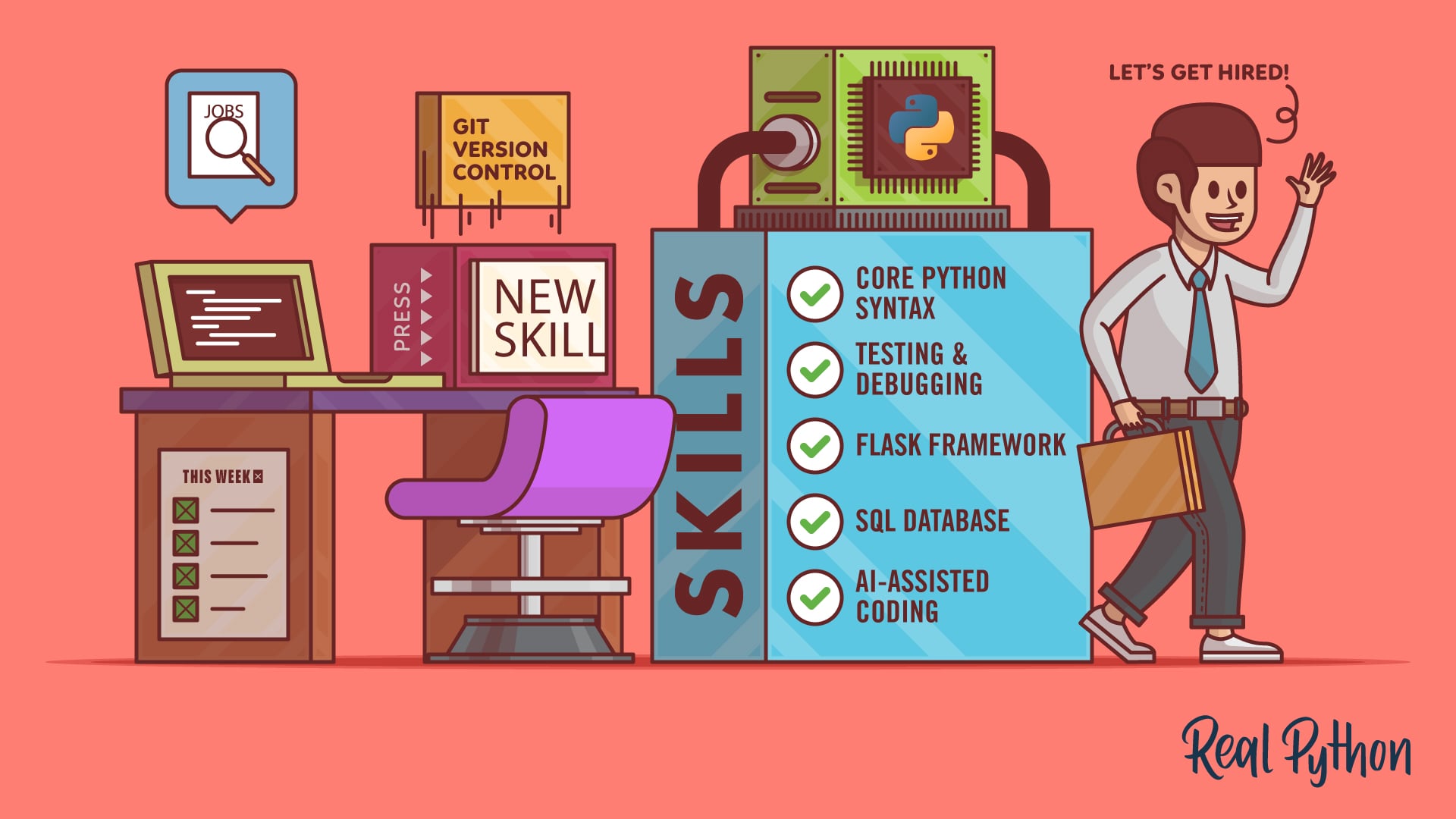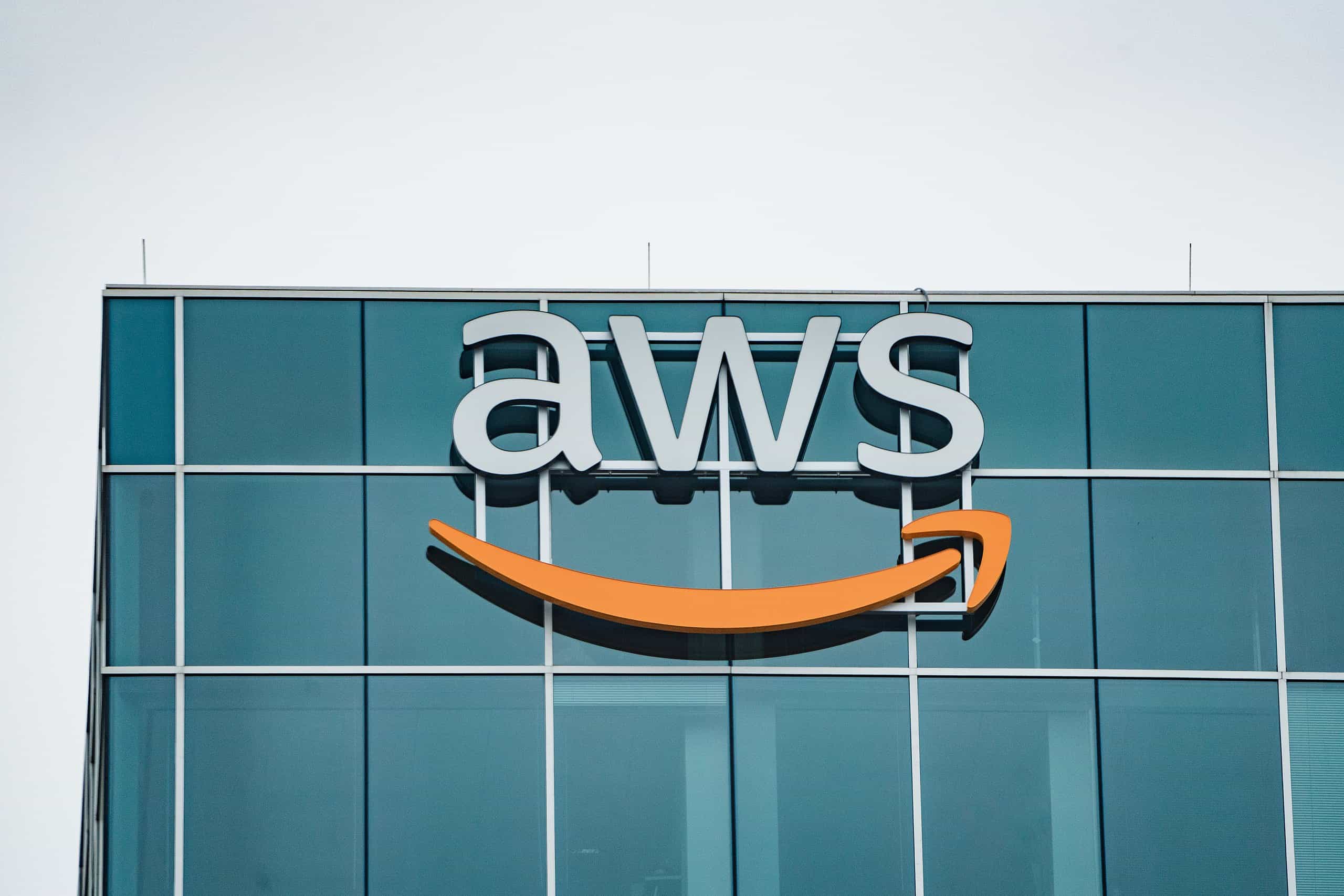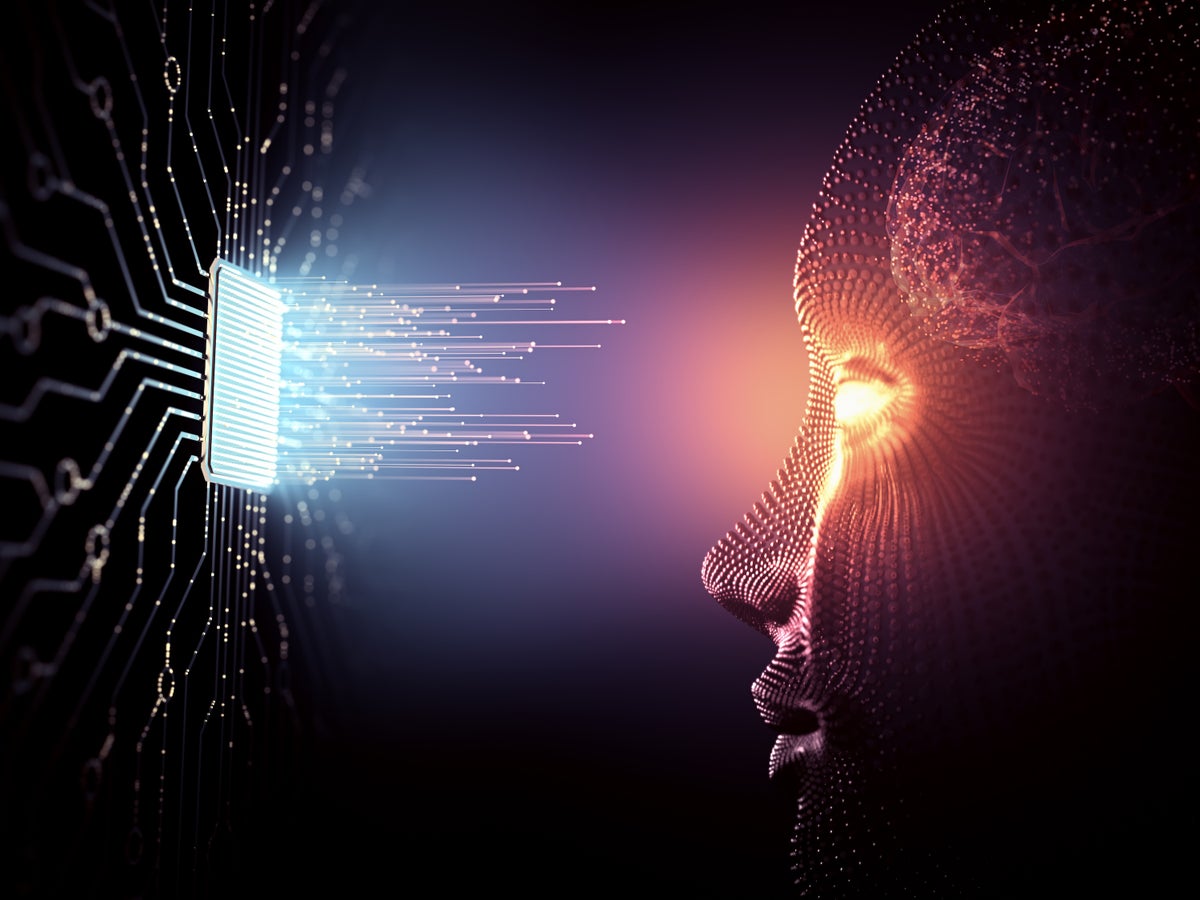fromIPWatchdog.com | Patents & Intellectual Property Law
2 months agoSCOTUS Scraps Recentive's Petition Seeking Clarity on Eligibility for Machine Learning Claims
The U.S. Supreme Court today declined to grant a petition filed by Recentive Analytics, Inc. asking the Court to weigh in on whether the U.S. Court of Appeals for the Federal Circuit's (CAFC's) approach to patent eligibility for machine learning claims is improper. The petition was filed in October following an April 2025 decision by the CAFC that addressed an issue of first impression in the patent eligibility context; the opinion held that "claims that do no more than apply established methods of machine learning to a new data environment" are not patent eligible.
Intellectual property law














